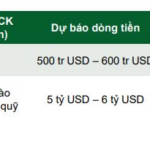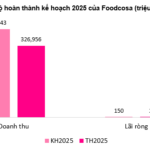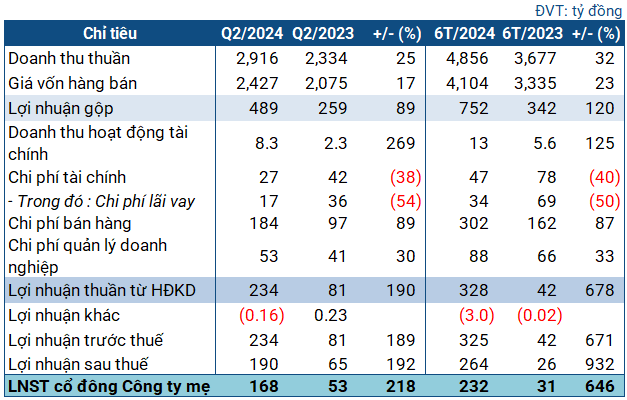On March 1, 2024, Decree No. 34/2023/TT-BGTVT dated November 30, 2023, issued by the Ministry of Transport, amending and supplementing some provisions of Decree No. 17/2019/TT-BGTVT dated May 3, 2019, on the issuance of the framework of fares for domestic passenger transportation services by air (Decree No. 34), officially took effect.
AIRLINES REDUCE COST PRESSURE, ADJUST TICKET PRICES FLEXIBLY
After many years of fluctuating input costs for airlines, the price cap for air tickets has officially been expanded for airlines. According to the provisions of Decree No. 34, the fares for domestic passenger transportation services on domestic routes have increased by 2.27% – 6.67% compared to before.

Specifically, for flights under 500 km, the transportation fares remain the same, in which flights with a distance of fewer than 500 km have a ceiling price of VND 1,600,000 per ticket per way for economically developed routes and VND 1,700,000 per ticket per way for other routes under 500 km.
The remaining groups of routes have fare increases ranging from VND 50,000 – 250,000 per ticket per way compared to the previous regulations, depending on the length of each route.
Specifically, for flights from 500 km – under 850 km, the ceiling price is VND 2,250,000 per ticket per way. Flights with a distance from 850 km – under 1,000 km have a maximum fare of VND 2,890,000 per ticket per way. Flights from 1,000 km – under 1,280 km have a ceiling price of VND 3,400,000 per ticket per way.
Flights with a distance of 1,280 km or more have the highest increase in the ceiling price of up to VND 200,000 to VND 4,000,000 per ticket per way. Therefore, the ticket prices for some long-haul routes over 1,280 km such as Hanoi – Phu Quoc can increase up to a maximum of VND 4,000,000 per ticket per way.
The maximum price includes all passenger costs for an air ticket, excluding value-added tax and collections for airports (including passenger service charges and passenger security charges, baggage charges; additional service charges).
Commenting on the fare cap adjustment, the management of Vietravel Airlines said that based on the 2022 revenue data of the airline, the operations on domestic routes with the current fares have not ensured the operation cost as well as the long-term profitability of the airline.
“Increasing the price cap ensures the highest benefit for customers along with the experience on each flight. For airlines, it can balance direct and indirect costs, ensure long-term operations, and also expand the fare ranges,”Vietravel Airlines’ management evaluated.
“The passenger.cost.km index has exceeded 150% compared to the revenue index on all domestic routes,” Vietravel Airlines’ leadership expressed.
Entering the low-demand period to stimulate demand, many discounted ticket programs continue to be implemented by Vietravel Airlines, such as the 8K (VND 8,000) ticket hunt from Monday to Friday during the time frame from 12:00 – 14:00, the weekend sale program at 9K9 (VND 9,900) from 09:09 to 21:09.
From the perspective of the national flag carrier, Mr. Le Hong Ha, CEO of Vietnam Airlines, said that many input costs of the aviation industry have changed over time, especially fuel prices and exchange rates, as the aviation industry uses a lot of foreign currency in its cost structure.
“The fare cap adjustment is a condition for airlines to compensate for their costs over the past 10 years and also help airlines to continue adjusting fare ranges on the domestic network,” Vietnam Airlines leadership assessed.
Airlines construct and implement a fare range with multiple levels from low to high depending on ticket conditions, ticket issuance time, market conditions…
Accordingly, the fare cap expansion of Vietnam Airlines has the opportunity to continue investing in service quality in the price segment, serving customers with high payment capabilities. The new fare cap also helps airlines to lower prices to serve the needs of passengers in the lower-payment segment or during low-demand periods, and the market may have more promotion programs.
“This is to ensure the harmonization of the interests of both the airlines and air passengers,” Mr. Ha said.















